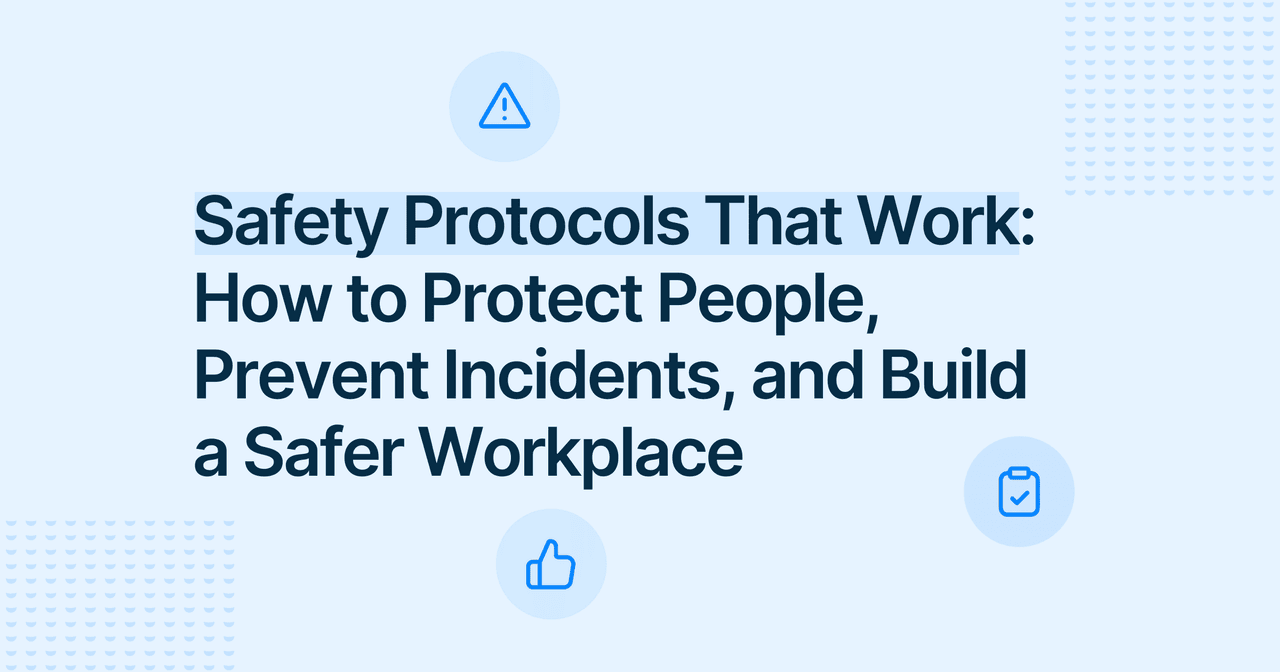Barriers to the Introduction of Whistleblowing in Companies
Whistleblowing

Helena Jezkova
Marketing Manager
Published
2022-02-08
Reading time
5 min


Table of contents
Subscribe to our newsletter
According to research, whistleblowing is beneficial for companies. For example, companies that receive a higher number of whistleblowing reports tend to have a plethora of positive outcomes such as a 46 % decrease in negative news coverage or a 2.8 % increase in return on assets to mention a few. However, this study found that 56 % of employees chose not to report misconduct. Other studies show even more alarming numbers. One EU study found out that 81 % of Europeans did not report the corruption they were aware of.
Based on this information, two conclusions can be drawn — whistleblowing is beneficial for companies, but employees tend not to report misconduct. To be able to provide the solution, we first need to understand the problem. Why don’t people report misconduct more often?
Barriers on the employer’s side
One of the most prominent obstacles to the introduction of whistleblowing in companies is the negative perception by managers. Whistleblowing is perceived less as an improvement tool and more as telling on someone. Culture plays a role in this perception. For example, in the US, employees are three times more likely to report than in Europe. Also, the United Kingdom has the highest reporting rates in Europe.
Additionally, managers often believe that there is no need for a reporting system for whistleblowers as they have an open company culture that nurtures whistleblowing. However, the data paints a different picture. A survey by the consulting company EY found that 56 % of those who witnessed misconduct in the company did not report it. However, 73 % of these people reported that they would consider reporting to an external party, such as a lawyer.
Managers also often believe that personalities play a role in whistleblowing. However, research suggests that there is no such thing as a whistleblowing personality profile — there is no significant difference between genders, age groups, nor between introverts or extroverts.
Supervisors are also often concerned that employees will overreport and overwhelm the system with unsubstantiated complaints. Yet, annual reports by NAVEX GLOBAL suggest that half of all reports are judged as substantiated or partly substantiated.
Furthermore, a company is not obligated to respond to every report. For example, if the report is using vulgar language, the company is within its rights to disregard it. Furthermore, data by the FaceUp reporting system show that the average number of complaints per organisation is 3— 4 per month. Also, their data shows that approximately 80 % of reports are substantiated.
Barriers on the employees’ side
There are many reasons employees do not report transgressions. However, we can identify a few key ones that can, in turn, provide us with a better picture of the issue. It is important to note that the decision not to report misconduct is often caused by a combination
of reasons, not just a single one. This, in turn, means that you should be able to address all of the reasons as well in order to make whistleblowing easier.
Fear of repercussions
Fear of repercussions is one of the main reasons employees do not report the misconduct. This is not surprising, considering the consequences for ones that do. According to a US study published by the California Law Review, 82 % of whistleblowers experienced harassment, 60 % lost their job and 10 % even tried to commit suicide.
Whistleblowing repercussions can be grouped in two main categories:
- Related to the whistleblowers’ job itself, or their social standing in the company. The consequences related to the job are more tangible ones, relatively easier to spot. They include consequences such as job loss or being demoted.
- The consequences related to social standing are less tangible but can be as detrimental to one’s well-being. The whistleblowers can end up socially ostracised, lose the trust of their colleagues or suffer a plethora of other negative consequences. It almost goes without mentioning that both categories of repercussions often go hand-in-hand. Having in mind such a high price for doing what is right, companies must promote the right tools and values to protect and reward those who speak up.
Bystander effect
The bystander effect describes a phenomenon that the presence of other people makes a person less likely to intervene or help someone in need. It is the belief that ‘someone else will do it, so I do not need to’. This effect can be observed in a wide variety of social settings, including whistleblowing. Employees may expect that someone else will report the misconduct, so they do not have to take the risk themselves.
Lack of knowledge about the whistleblowing process
A survey by the European Commission shows that 42 % of Europeans do not report because they don’t know how or where to. Even if a company has a strong culture, if the right tools are not provided and employees are not aware of them or how to use them,
whistleblowing will not happen as often as needed. The first step in building a healthy company culture in terms of whistleblowing is to make sure that the employees have the know-how to report misconduct.
Belief that the report will be ignored
A European survey shows that the leading reason for employees not reporting misconduct is a belief that it will not lead to a positive change. The same survey showed that many employees thought that the company already knew about the transgression, or even that it is common practice. This illustrates the importance of organisational culture and its positive promotion of whistleblowing.
Cultural norms
Cultural norms can also play a role in whistleblowing. Certain behaviours will be perceived differently depending on the culture. For example, in some cultures, complimenting a colleague’s appearance will be considered inappropriate or sexual harassment and can lead to reporting the transgressor. However, in others, this behaviour is accepted as a norm and will rarely lead to corrective action, regardless of how uncomfortable the person receiving a compliment feels. Often, even if the person tried to report it, they would be ignored and may even suffer negative consequences. This example illustrates why clearly communicating company culture is crucial, especially if it goes against firmly-rooted cultural patterns.
Keep Reading

Alaa El-Shaarawi2026-02-108 min
Employment Law Violations: Common Cases, Legal Risks, and How to Report Them
Legal & Compliance

Alaa El-Shaarawi2026-02-098 min
Physical Safety in the Workplace: PPE, Risk Prevention, and Legal Responsibilities
Workplace Environment

Marie Roland2026-02-033 min
Transform HR Operations and Employee Engagement with Rippling + FaceUp
Workplace Environment

Alaa El-Shaarawi2026-02-029 min
Safety Protocols That Work: How to Protect People, Prevent Incidents, and Build a Safer Workplace
Workplace Environment


